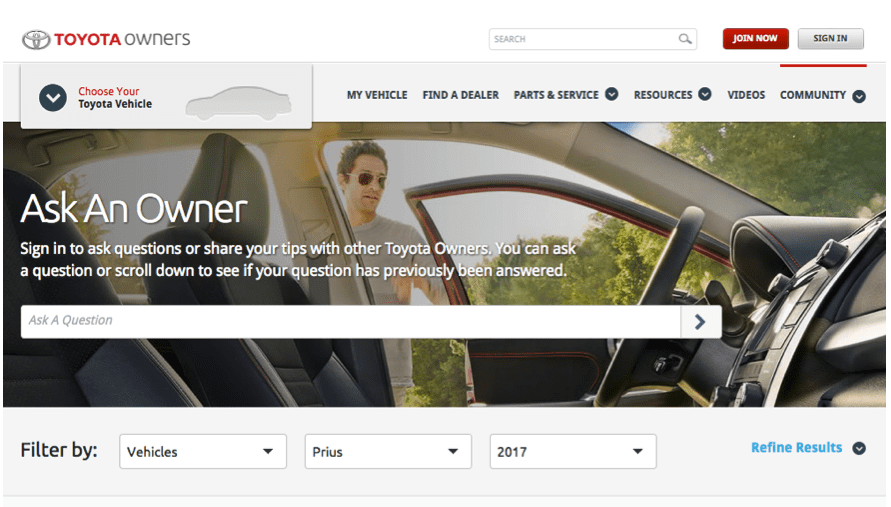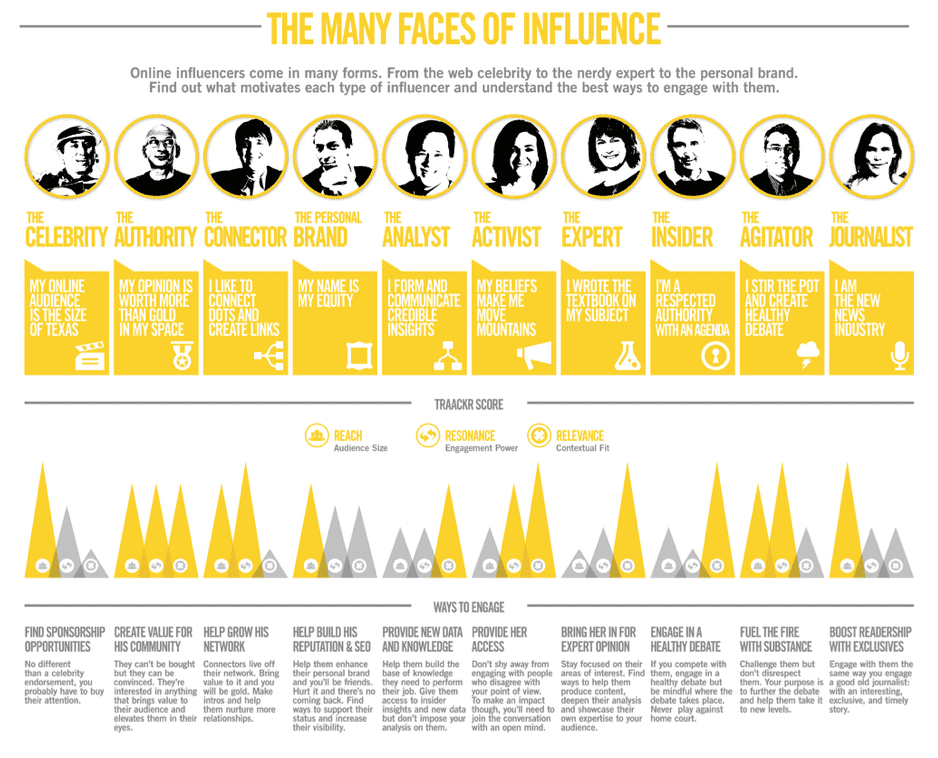3 ways that less influential influencers can help your business
Influencer marketing often focuses on harnessing major influencers who have the highest reach and authority. Such campaigns are on the rise, as we highlighted in this recent article, 84% of marketers said they would launch at least one influencer campaign within the next twelve months.
Yet, collectively, other influencers can be important as advocates or detractors. Whether its fans mentioning your brand on Twitter, colleagues sharing your articles on LinkedIn, or disgruntled customers posting negative reviews, influencers are everywhere.
And whilst you can’t control what the public say about you, you can engage with individuals who are your biggest fans and ensure that your customers hear their voice.
The first question you might be asking is, do influencers really matter? Does your business really need them?
Here are 3 examples that illustrate the difference you can make by harnessing influencers who aren't necessarily important by reach or credibility and may be missed by a traditional influencer programme.
1. Social proof from your customers
Whilst few people trust advertisements, most people trust what their peers have to say, 81% according to a survey by Nielsen.
Why not take advantage of those who already use your products and services by showcasing them to your customers?
For example, a B2B organisation can run a joint webinar with a key customer that is well known in your sector. During the webinar, they can describe how they use your product or service and answer any questions from the audience. Structure your webinar in a way that also enables your customer to promote their business as well. That way they also have an incentive to promote it to their followers too (and thus increase your audience and reach!)
Consumer marketers can use their customers as social proof. Toyota are a good example of a company who use their customers as social proof. Their website includes a forum where you can connect with Toyota owners and ask them any questions about their car.

2. Collaborate with businesses that complement what you do
Whatever industry you’re in, there will always be non-competing, comlementary businesses that provide related services to you and whose customers will need your help. For example, an estate agent may be asked to recommend a mortgage broker when they sell a property. A financial adviser who manages a business owners’ affairs may need to refer them to an accountant.
Think about what you can do to promote each other as partners. For example, if you’re a mortgage broker, why note write a guest blog for an estate agent, explaining what factors to consider about when choosing a mortgage broker? Work together on a marketing plan where you can coordinate a series of tweets as well as emails to promote the blog article.
Joint marketing activities such as guest blogs help promote your business in a number of ways:
- They provide added value to your audience by sharing insights you couldn’t offer yourself
- They give you additional credibility. You’re not just promoting your own business, you’re helping them by sharing content from a third party
- You’re reaching a larger audience because your content is being shared by the guest blogger, not just the blog host
Collaboration can work in other ways too such as joint incentives.
For example, if you’re a gym that has other businesses operating from your premises such as fitness instructors, why not create some special offers that can be promoted to both your audiences? E.g. fitness classes can be offered at a discount to gym members. Or members of the fitness class could be offered discounted gym membership.
3. Leverage the less well-known thought leaders in your industry
Then there are more traditional influencers, in every industry, there are people who are seen as opinion formers. These don’t have to be related in any way to your business. Sometimes they are seen as more credible precisely because they’re not related to your business:
- Journalists who post reviews about your products or services
- Experts who have a strong knowledge of the industry you are in
- Activists who believe in what you’re promoting
Identify who these opinion formers are and think about how they can help you. Segmenting influencers as in this example from Traackr can help you think about Level B and C influencers who are not the celebrities or authorities that many brands will court, but collectively will have an influence.

For example, if you’re a charity that promotes healthy eating, think about the opinion formers that can help you. This infographic which provides several examples of less traditional influencers you can approach:
- There are activists who are campaigning for healthier eating in schools and at home
- There are experts with a good knowledge of what constitutes a healthy diet
- There are culinary journalists who regularly write on the topic
Each of these could be enormously helpful. And because this is a subject that is close to their heart, they are likely to be responsive.
For each marketing activity, plan ahead and think about how you can leverage these influencers to help get your message across:
- If you’re planning a blog post about healthy eating, why not ask an expert who is an authority on the matter to guest blog?
- If you’re launching a campaign designed to change attitudes e.g. healthier school meals, why not reach out to activists who are likely to feel as strongly as you and are happy to share the message?
- If you’re running a local fundraising event, why not reach out to local journalists who can promote it to their readers?
Because of the Internet, influencers wield a disproportionate level of power relative to the number of contacts they have. If they’ve used your product and had a great experience, they can tell a few of their friends. But if you can engage with them on social media, their opinion can be seen by thousands and shared by thousands more.
Regardless of how successful your marketing is, there will always be a limit to how many customers you can reach. But by leveraging the influencers in your industry you can multiply the number of potential customers who can hear your message.









